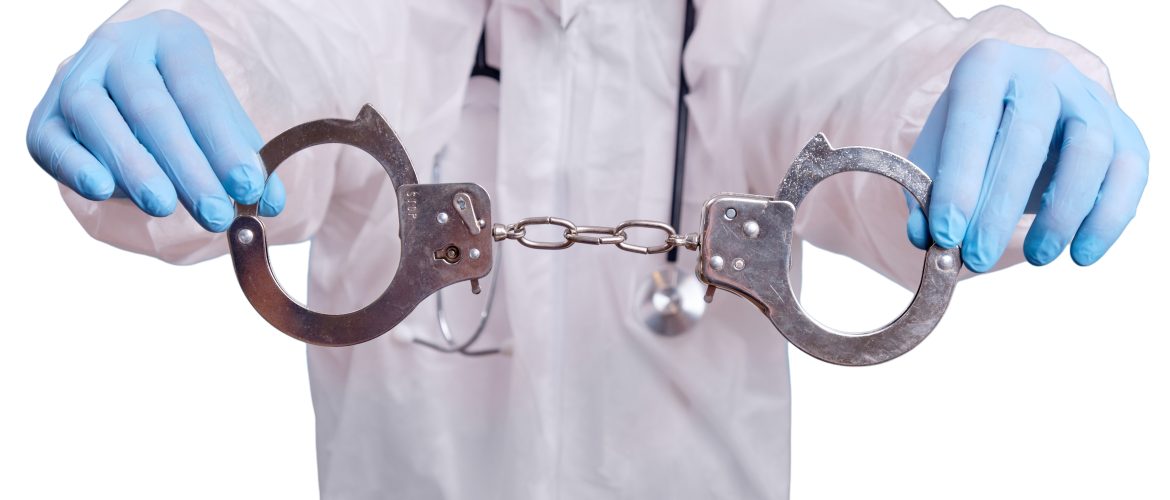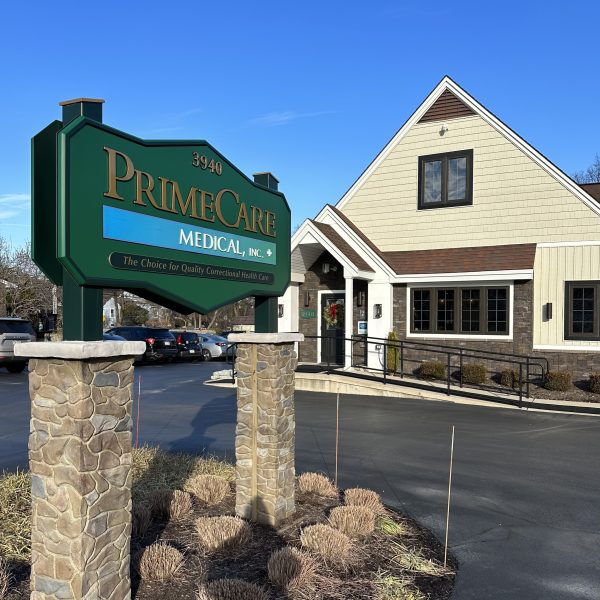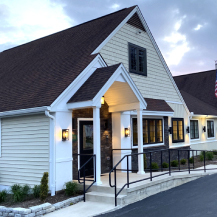Author: Tom Weber, Esq.
Critics argue that providing health care to incarcerated individuals is an unfair use of taxpayer dollars, especially since many citizens struggle to afford their own health care. They believe that those who have committed crimes should not enjoy privileges similar to those of the general public, especially in times when resources are stretched thin. The concern is that funds directed toward correctional health care could instead support law-abiding citizens—veterans, low-income families, and others who also face difficulties accessing medical services. This raises the question: Why are we, as a society, obligated to ensure incarcerated individuals receive health care?
Legally, the answer is clear. The U.S. Constitution, particularly the Eighth Amendment, establishes that incarcerated individuals are entitled to a basic level of humane treatment, including medical care. This duty extends to federal, state, and local governments, and has been underscored by landmark cases like Estelle v. Gamble (1976). In that case, the Court held that deliberate indifference to an incarcerated individual’s serious medical needs violates the Constitution. Similarly, in Farmer v. Brennan (1994), the Supreme Court reinforced that correctional officers must take action when they are aware of significant health or safety risks to those in their custody.
Beyond legal mandates, there is a moral and ethical argument for providing correctional health care. Health care is considered a fundamental human right, grounded in principles of dignity, fairness, and justice. This idea has been championed by international frameworks, such as the Universal Declaration of Human Rights and the United Nations Standard Minimum Rules for the Treatment of Prisoners. The rationale is simple: incarceration does not strip away one’s humanity. Denying essential care to those entirely dependent on the state for their needs would amount to a further punishment beyond the loss of freedom.
Ethically, the state has a duty to care for those it confines, especially as incarcerated individuals are a vulnerable population, entirely reliant on the institution for basic needs like food, shelter, and health. Medical and human rights groups assert that those incarcerated should receive comparable care to those outside; withholding treatment only adds unnecessary suffering. Ensuring correctional health care reflects the broader principle that people deserve dignity and humane treatment, regardless of their actions.
Furthermore, there are public health and economic reasons, for supporting correctional health care too. Many incarcerated individuals cycle in and out of communities, and untreated diseases like tuberculosis, HIV, or hepatitis can spread to the general population. Proper treatment in correctional facilities reduces this public health risk, containing potential outbreaks and promoting safer reintegration.
Correctional health care is cost-effective. Preventive care saves money compared to emergency interventions, minimizing costs associated with chronic illnesses, recidivism, and untreated conditions that often worsen without intervention. By addressing medical and mental health needs proactively, correctional facilities can help stabilize individuals and lower the likelihood of re-offense, ultimately reducing taxpayer burdens in the long run.
In the end, correctional health care upholds our commitments to both justice and public health. It ensures the state’s ethical responsibility is met, safeguards communities from health risks, and helps prevent future costs, all while affirming that even those behind bars retain basic human rights.




